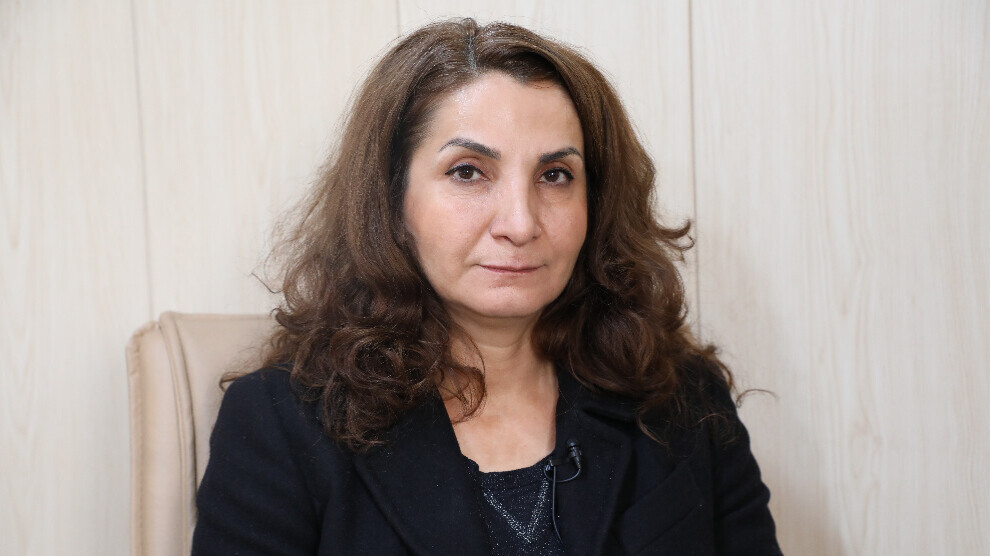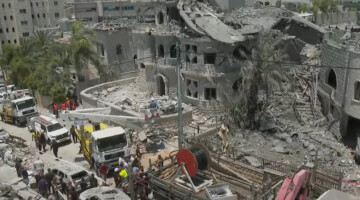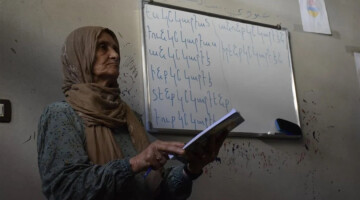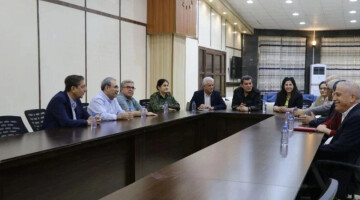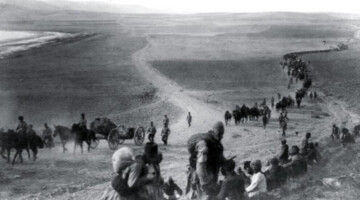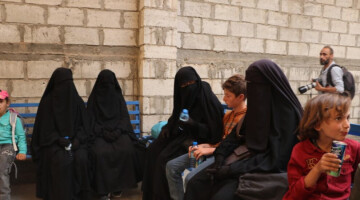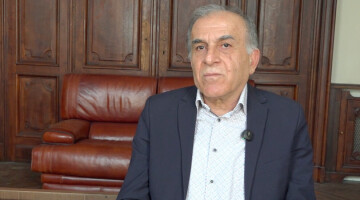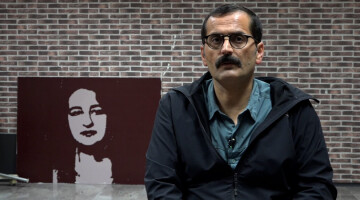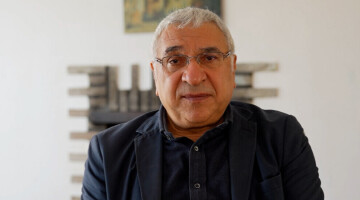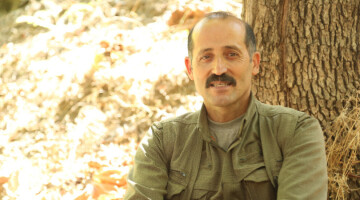Dr. Ebîr Hessaf is a member of the coordination of the Women's Council of North and East Syria. In this interview with ANF, she talked at length about the new Social Contract.
Part one of the interview can be read here
What are the basic principles of the Social Contract?
It includes the principles that ensure the construction of an ecological and democratic society based on the liberation of women and on the basis of social confederalism. Its cornerstones are the principles of gender equality, the prevention of any discrimination based on ethnic, religious or confessional identity, the acceptance of the mother tongue of every identity and a perspective that sees the diverse demographic structure of the region as a heritage that must be protected. The rights of different national identities have never been respected in Syria. For the first time, Kurds, Arabs, Assyrians, Syriacs, Turkmen, Armenians, Circassians, Chechens, Muslims, Christians and Yazidis are named in such a document or agreement and their rights guaranteed. In addition, every nation is guaranteed the right to live with its perspective, language and culture.
Article 4 of the Treaty refers to free and democratic elections. How will the elections be organized?
An electoral system based on direct elections, quotas and representation was established. For example, the residents of a neighbourhood will freely elect the co-chairs of their municipality, i.e. the direct representation method will be used. A People's Council is established. The population elects their own representatives to the People’s Council. This is composed of 60 percent of representatives elected by the people in equal and general elections and 40 percent of representatives elected by individual ethnic, religious, denominational and organized democratic communities in a transparent and democratic manner be determined. The proportion of 40 percent and the type of organized communities concerned are determined by law. As in all articles, women's rights are protected and equal representation is guaranteed.
A new Social Contract has been approved in Northern and Eastern Syria. Dr. Ebîr Hessaf from the Women's Council took part in the work leading to the final text.
The first part of this interview can be read here.
Article 134 of the General Provisions section states: “When a consensus has been reached on the democratic constitution of Syria, this Social Contract will be subject to re-examination.” What does that mean?
This is a message to the Syrian people and to the world. The footnote of the Social Contract states that democratic self-government in the region of Northern and Eastern Syria is an integral part of Syria's territorial integrity. In other words, it is an indication that the Social Contract can be a solution to the crisis and problems of Syria and that the people of Northern and Eastern Syria are open to dialogue. This is intended to make it clear that the contract is open to innovations in this sense in the event of a political compromise. Just as it says that we are part of Syria, the article leaves a door open at the end saying that the Social Contract will be revised in accordance to the wishes of the peoples and in accordance to political projects that protect the rights of the peoples can.
The articles of association were approved by the general assembly of the self-government on 12 December. How does it go from here?
The social system and the social councils will be examined again. There is an election process coming up. The existing principles and principles are integrated and unified. The municipalities, district councils, city councils and the canton system will be looked at again. The issues I have mentioned are directly related to the electoral process. Change and transformation are achieved through elections. We will see a process of strengthening social organizing. In order to implement the social contract, an intensive and determined pace of work is required because there will be radical change. The social contract may have been ratified, but we can say that the real work is only now beginning. History and experience live in it. It is based on around ten years of experience of the population. The people here have to do pioneering work in building this new system.

